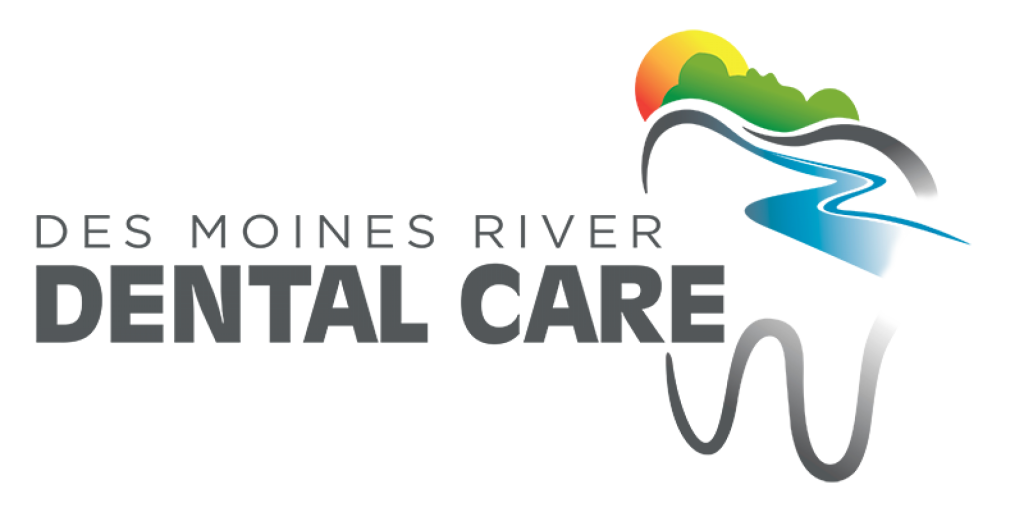General Dentistry Services
We like to get to know you and your situation in order to create the perfect treatment plan. And that starts with a strong, effective course of action, which allows us to care for you to the best of our ability. Our general dentistry services below cover preventative practices and oral treatments aimed at improving your mouth’s overall health. We also leverage the latest technologies in dental care to help make your treatment as effective and smooth as possible.
Visit our Technology page for more information about the equipment we use to improve your treatment.
We dive into more details on each of the services we’ve listed, so if you’d like to learn more about them, select the topic that interests you. If you don’t see a treatment that matches what you’re searching for, try another services page from the list below.
- For more specialized or complex treatments try our Advanced Procedures page.
- For treatments to improve the appearance of your teeth try our Cosmetic Dentistry page.
- For procedures and treatments that focus on holistic oral hygiene try our Health & Well Being page.
At Des Moines River Dental, we’re dedicated to helping you maintain a healthy, beautiful smile at every stage of life through our complete general dentistry services. By using modern technology and a personalized approach, we focus on early detection, prevention, and patient education to support lasting oral health. Whether you’re visiting for a routine check-up or more advanced care, our friendly team is here to ensure a comfortable and stress-free experience every time.
If you have any questions about our general dentistry procedures, feel free to contact us today!

